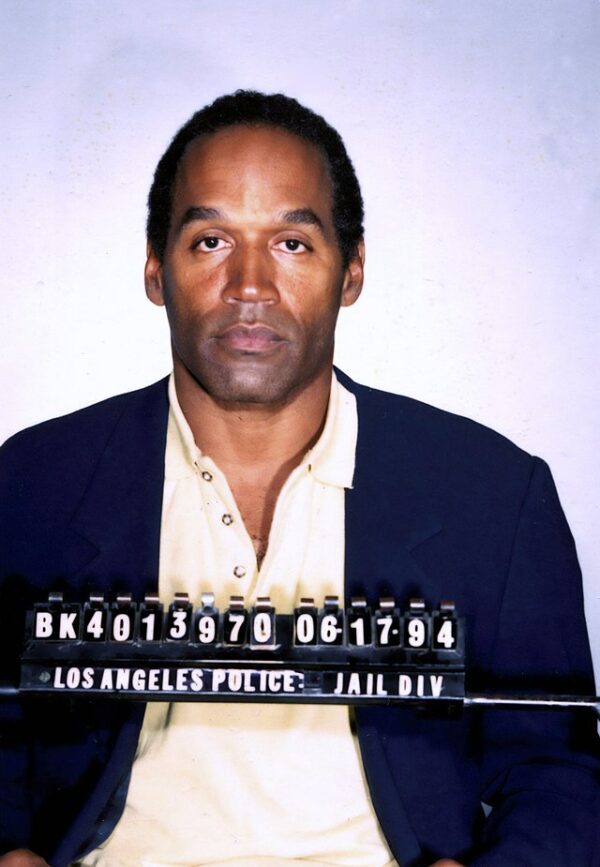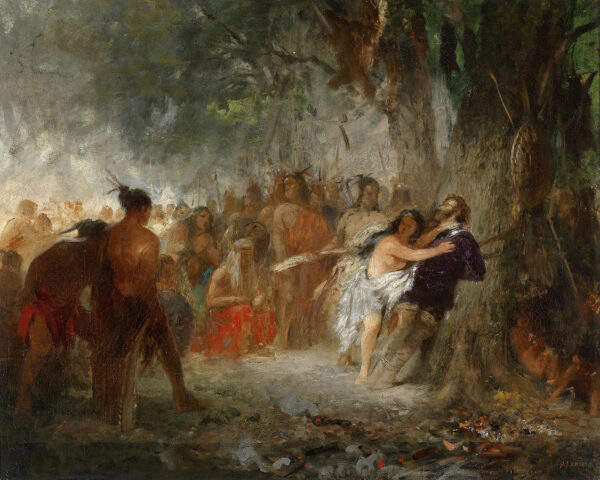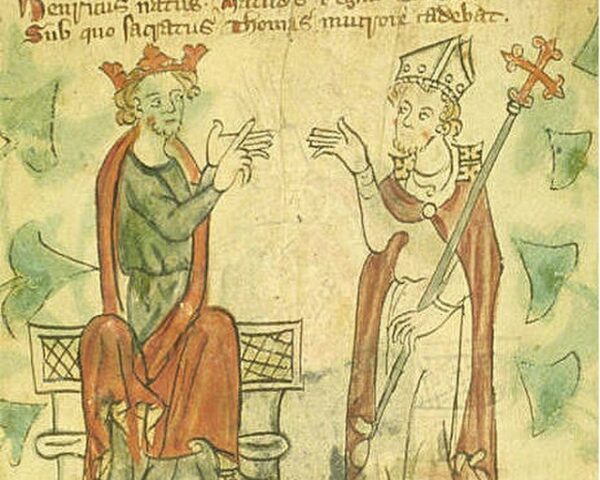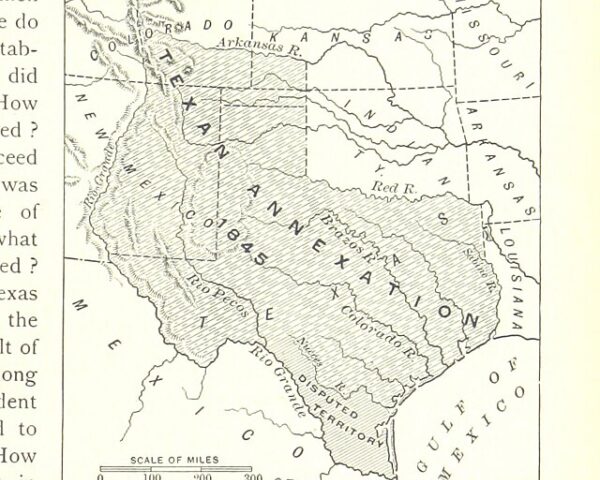On October 3, 1995, the media spectacle of the century ended with a verdict of innocence. The O.J. Simpson trial, one of the most high-profile criminal cases in American history, unfolded in the mid-1990s and captivated the nation. The trial centered around former NFL superstar O.J. Simpson, who was accused of brutally murdering his ex-wife, Nicole Brown Simpson, and her friend, Ronald Goldman, in June 1994. The case had its roots in a long history of domestic violence allegations against Simpson and raised critical questions about race, celebrity, and the criminal justice system.
The trial began on January 24, 1995, and quickly became a media spectacle. It was dubbed the “Trial of the Century” due to its high-profile nature and the involvement of a celebrity defendant. O.J. Simpson assembled a “dream team” of defense attorneys, including Johnnie Cochran and Robert Shapiro, who utilized various legal strategies and tactics, including raising doubts about the reliability of DNA evidence, to create reasonable doubt in the minds of the jurors.
Race played a significant role in the trial, as O.J. Simpson was an African American defendant accused of murdering two white victims. The defense team argued that the Los Angeles Police Department had a history of racial bias and mishandling evidence, further polarizing the case along racial lines. The trial exposed deep divisions in American society and sparked intense discussions about racial discrimination within the criminal justice system.
After nine months the jury delivered its verdict: innocent. The shocking decision led to celebrations among some members of the African American community and outrage among others who believed he was guilty. The trial’s verdict remains one of the most divisive and debated in American legal history.
In the aftermath of the trial, O.J. Simpson’s life took various twists and turns. He faced civil litigation and was found liable for the wrongful deaths of Nicole Brown Simpson and Ronald Goldman in a 1997 civil trial, resulting in a significant financial judgment against him, which included him selling away his Heisman Trophy. Simpson continued to be a prominent figure in the media, writing a book titled “If I Did It” and facing legal troubles unrelated to the murder case.
The O.J. Simpson trial left an indelible mark on American culture and the criminal justice system, raising questions about the influence of celebrity, racial bias, and the effectiveness of legal representation. It remains a topic of discussion and analysis to this day, reflecting the complex and enduring issues it brought to the forefront of public consciousness.






